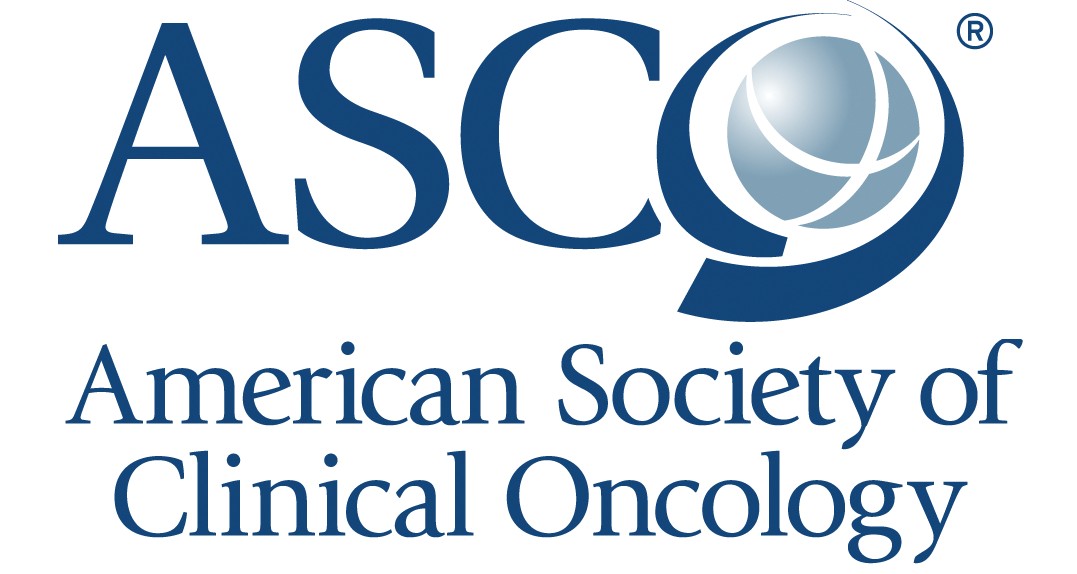Share this Page:
This year’s American Society of Clinical Oncology Genitourinary Cancers (ASCO GU) Symposium was held from 25-27 January 2024, in San Francisco, California, USA. The International Kidney Cancer Coalition (IKCC) and Julia from Action Kidney Cancer went to the meeting to keep up to date with the care and treatment of patients with kidney cancer. Below are brief ‘Take home messages’ from the kidney cancer clinical trials presented at the symposium, followed by the full report containing more in-depth reviews of the results from these trials.
Take home messages
In Abstract LBA359, overall survival results from the clinical trial where pembrolizumab was given to patients to stop their cancer coming back after surgery (adjuvant treatment) were assessed. Adjuvant pembrolizumab improves overall survival in all patients with high-risk kidney cancer compared with placebo. Importance: These results further support the use of adjuvant pembrolizumab as a standard treatment for patients with kidney cancer at high risk of returning after surgery.
In Abstract LBA358, the use of nivolumab as an adjuvant treatment to stop cancer coming back after surgery was assessed. After just over 2 years of follow-up, cancer-free survival was similar for the patients having the nivolumab infusions compared to those having placebo infusions. Importance: These study findings do not support the use of adjuvant nivolumab in patients with kidney cancer at high risk of returning after surgery.
In Abstract LBA360, an injectable form of nivolumab was compared to nivolumab that is given by infusion into a vein (intravenous nivolumab). The injectable form of nivolumab was shown to be as good as intravenous nivolumab. Importance: The results from this study support the use of injectable nivolumab for the treatment of advanced kidney cancer.
In Abstract 362, new information from a trial with nivolumab plus cabozantinib shows that after more than 4 years follow-up, patients continue to benefit from the treatment. Importance: For patients, the nivolumab plus cabozantinib combination has long lasting effects on survival. These results support nivolumab plus cabozantinib as a standard of care for previously untreated patients with advanced kidney cancer.
In Abstract 364, eight years follow up results from the nivolumab plus ipilimumab study showed that patients with previously untreated advanced or metastatic kidney cancer had long lasting survival and response to treatment compared to sunitinib. Importance: This study shows that the survival benefits from treatment with the nivolumab plus ipilimumab combination are long lasting for patients with advanced or metastatic kidney cancer.
In Abstract 386, real-world data from a UK-based study of the avelumab plus axitinib combination in patients with previously untreated advanced kidney cancer showed that the survival benefit and response to treatment at 3 years were as reported from clinical trials. No new side effects were reported during this study. Importance: This study shows that what is seen in clinical trials translates to the real-world use of this combination treatment.
In Abstract 425, results showed that the use of cytoreductive nephrectomy followed by immunotherapy for the treatment of patients with metastatic kidney cancer increased overall survival compared to immunotherapy alone. However, the data used in this study came from past studies where the selection of these patients is biased in favour of the use of cytoreductive nephrectomy. Importance: This study does not change current clinical practice. More studies, such as randomised controlled clinical trials, are needed to determine the role of cytoreductive nephrectomy when used with immunotherapy.
Read the full report from the International Kidney Cancer Coalition here: IKCC ASCO GU 2024 highlights FINAL














